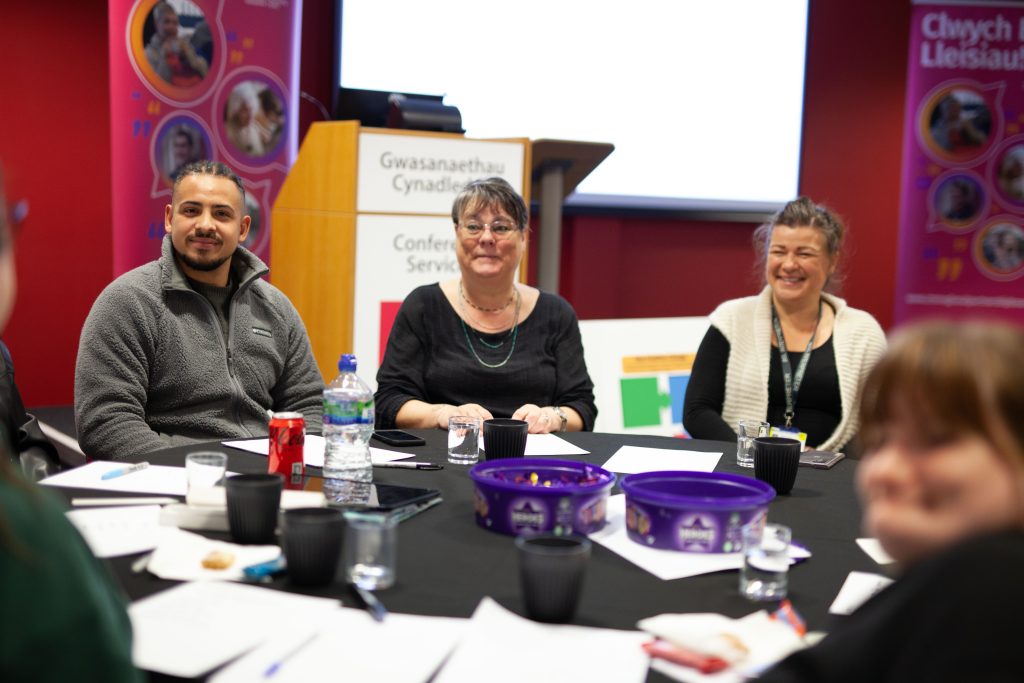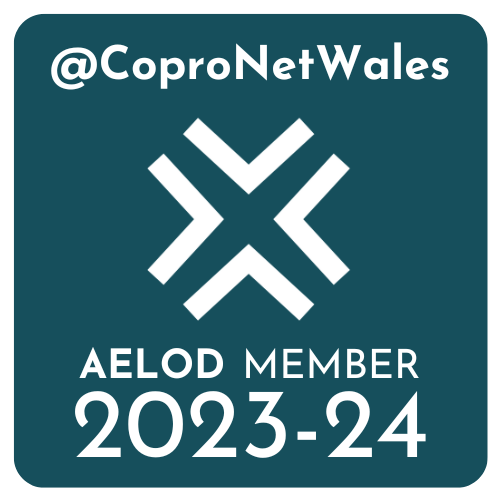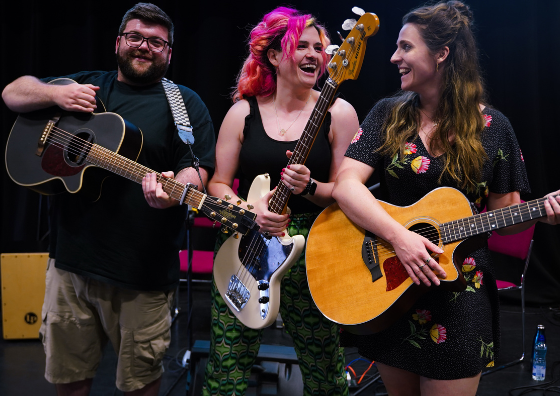
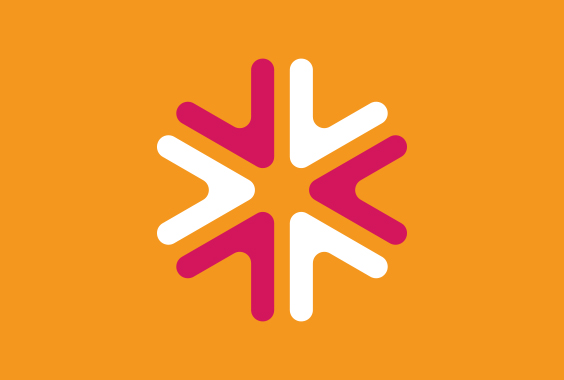
Regional Integration Fund
Our work will influence our Regional Area Plan that will be funded through the Regional Integration Fund.
Read more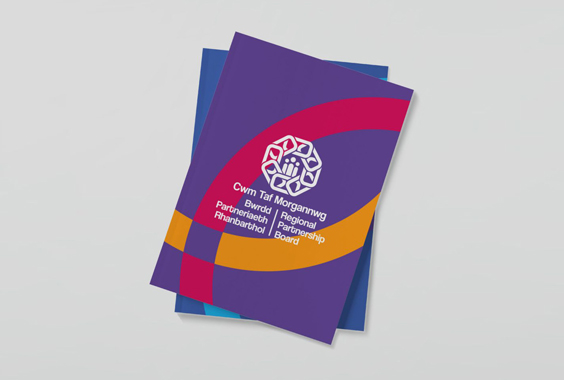
Population Needs Assessment
We have identified key priorities for our communities in our Population Needs Assessment. Here we explain how we worked with communities to identify these.
Read more
Co-producing in a crisis
Co-Production In a Crisis: Valuing the Voices of Cwm Taf Morgannwg through the Covid-19 Pandemic'. The report, developed by the Our Voice Matters project, shares examples of good practice and recommendations for embedding co-production in projects
Download here






